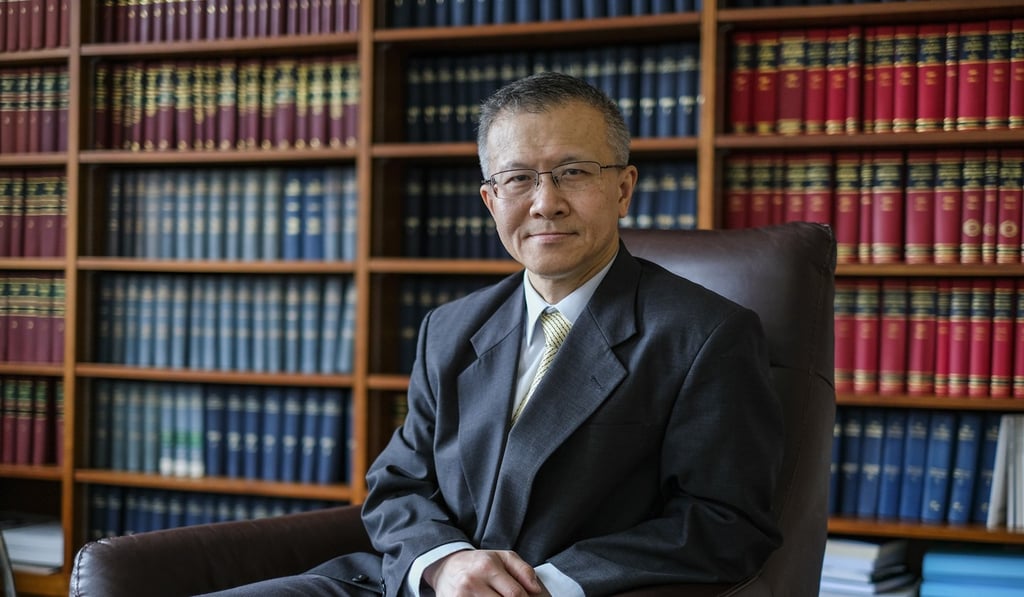Give Hong Kong more leeway and separatism will subside, leading mainland Chinese constitutional scholar tells Beijing
- Zhang Qianfan of Peking University says giving more autonomy to the city would help end the cycle of mistrust between it and the central government
- The liberal academic believes Hongkongers must have the right to dissent from the mainland system, while respecting Chinese sovereignty

Beijing should allow Hong Kong more autonomy in its own governance to end a vicious cycle of mistrust between both sides, according to a leading mainland scholar who has ruffled feathers in Beijing with his book on constitutional law.
Zhang Qianfan, a liberal academic who has been at the University of Hong Kong for a two-week research and exchange visit, made the remarks in an interview on Thursday.
While Zhang believed Beijing was the sovereign power and Hong Kong should not challenge the bottom line of separatism, the central government also had some misconceptions about its power and threats in Hong Kong that ought to be cleared.
The Peking University scholar said: “[Beijing] has to abide by political neutrality, which is a key to a peaceful relationship with Hong Kong, and stop interfering with Hong Kong’s business.”
In response, Beijing has been increasingly assertive in its “full governance” of the city and its zero tolerance for separatism.
